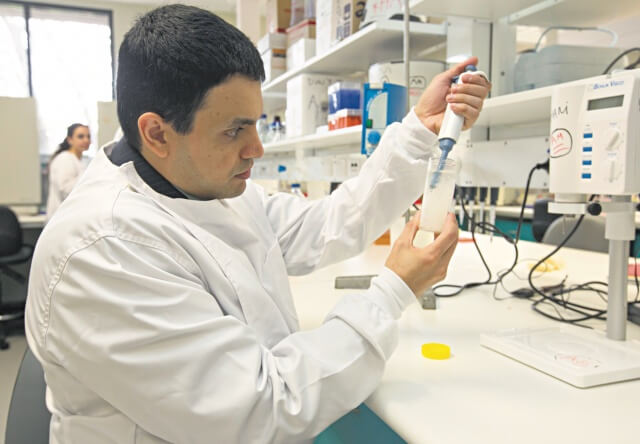
A Curtin University researcher who has worked on developing an artificial pancreas to help study diabetes cures said the disease has reached epidemic proportions in Australia.
Dr Hani Al-Salami has worked in countries including New Zealand, Canada and now Australia studying the effects of different diabetes medicines and the best ways to treat the disease.
He said an unusual joint study that included development of an artificial pancreas was just one way scientists had looked at curing diabetes.
“Our medication is only about half as effective as we want it to be and instead of prescribing more and more drugs we’re trying to come up with something that will replace tissue which has been damaged by diabetes,” he said.
“We’re making some progress but there’s still a lot of work to be done.
“The biggest challenge at the moment with diabetes is the medications we use can cause damage.”
Australia is ranked fifth in the world in terms of diabetes prevalence and one in three Australians are believed to have diabetes whether or not they realised it.
According to Diabetes Australia the disease is the biggest challenge to Australia’s health system and about 280 Australians a day develop it.
Diabetes costs Australia nearly $15 billion a year and complications arising from the disease can include blindness and amputations.
“It is becoming an epidemic and is getting worse,” he said.

Dr Al-Salami said researchers had also been investigating ways to make treatment more efficient.
One of those ways was developing consumable capsules that contain living cells that can repair tissue damaged by diabetes.
“This could replace our daily insulin injections,” he said.
Research was ongoing and Dr Al-Salami said progress in the field had advanced rapidly in recent years due to international cooperation between researchers.
However despite strides having been made in research he warned cure for diabetes could be many years off.
“Wherever you are there is always a limited scope about what you can achieve – but it’s always better to work together to participate with other people and make progress to find a cure faster,” he said.
“It’s just a matter of continuing to work on it, to work with other people.”













